Memorial Day in Augusta: 5 stories of those who died fighting for our country
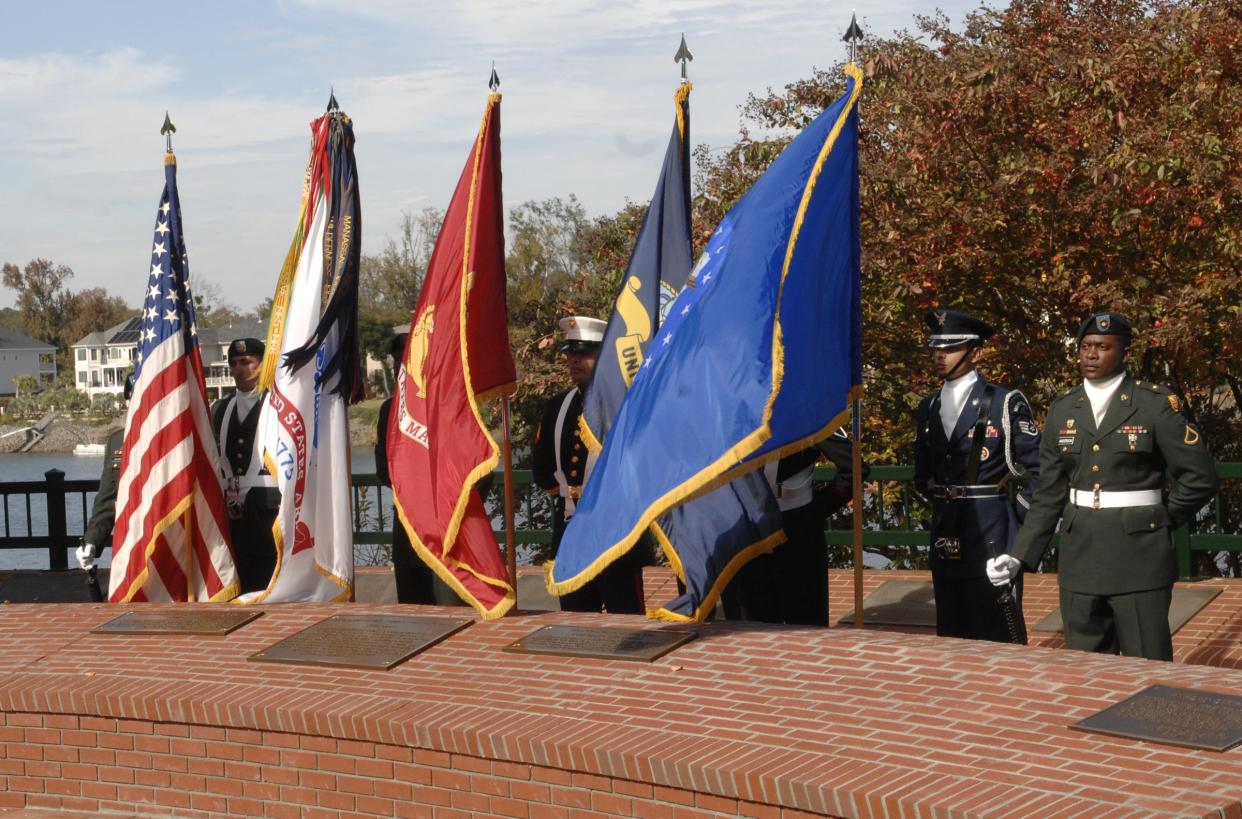
The city of Augusta's website lists the names of 261 Augustans who died in military service, separated by the war in which each died for their country. Countless more from our area are among those fallen.
Their sacrifices are remembered on the Heroes' Overlook on the Riverwalk, with monuments around the city's streets and in cemeteries throughout the area. Their deaths are marked and listed throughout the archives of The Augusta Chronicle.
Memorial Day is a holiday to commemorate the men and women who died while serving in the U.S. military. First celebrated in 1868 by decorating the graves of soldiers who died in the Civil War, Memorial Day became a federal holiday in 1971. The day is marked with solemn parades and ceremonies throughout the U.S.
Here are five stories of Augusta-area servicemen who paid the ultimate sacrifice:
Marine Corps Lt. Col. A.J. 'Jimmie' Dyess
Jimmie Dyess is the only person to have earned America's two highest awards for heroism – the Medal of Honor and the Carnegie Medal. The native Augustan earned the Carnegie Medal at age 19 when he rescued two women off the coast of South Carolina. He earned the Medal of Honor posthumously for his actions in combat against the Japanese. He was a battalion commander in the 4th Marine Division during the battle for the island of Roi Namur in the Marshall Islands.
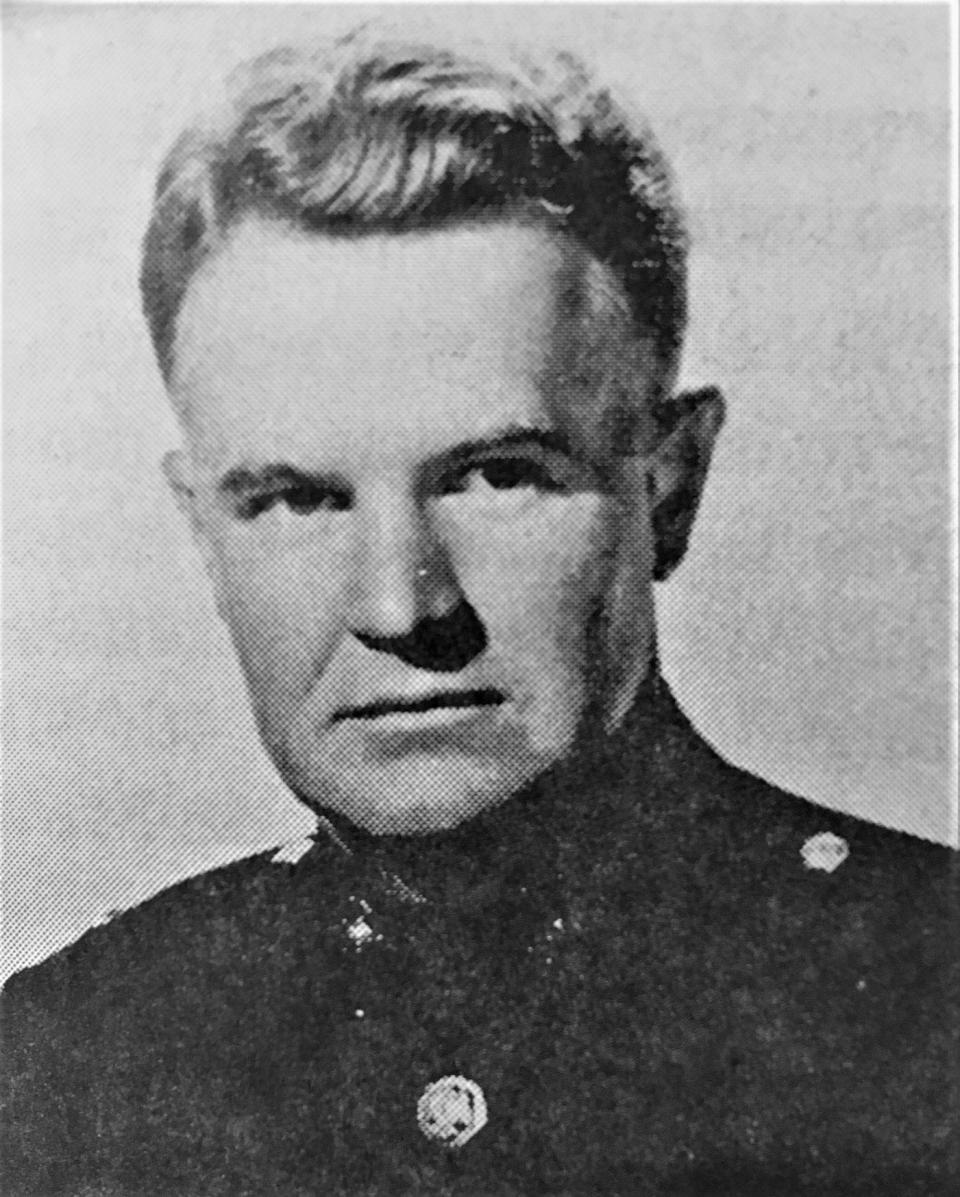
According to the U.S. Department of Defense website, while launching an aggressive attack on the last Japanese position, Dyess put himself between the enemy and his troops so he could lead the attack when he was shot in the head by a burst of enemy machine gunfire. He died instantly.
Augustans react: News spreads of WWII battlefield death of Augusta hero Jimmie Dyess
Maj. Charles L. Kelly
A pioneer of helicopter medical transport, Charles L. Kelly was born in Sylvania, Georgia. At age 15 he lied about his age to join the Army during World War II. Later, he returned to the Army to learn how to fly helicopters as part of the Medical Service Corps.
Maj. Kelly assumed command of the 57th Medical Detachment in Vietnam in early 1964, and was killed that July while trying to retrieve wounded troops.
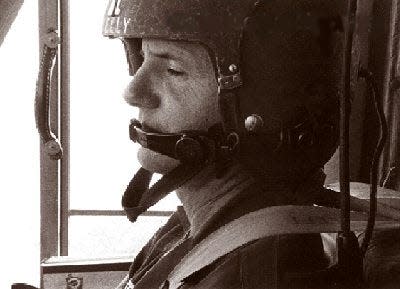
"On the radio they said, 'you need to leave immediately, there is heavy small arms fire in the area,'" his son Charles Kelly Jr. told the Chronicle. "(Maj. Kelly is) still coming in and he's saying, 'I'll leave when I have your wounded,' which he had said before, that was kind of his trademark."
Moments later, he was killed by a single bullet.
Medical pioneer: Sylvania major pioneered chopper evacuation, on shortlist of new names for Army bases
Capt. Louis LeGarde Battey
Capt. Louis LeGarde Battey must have known he was about to die. Hunched in a ditch beside a road in the Argonne Forest near the French village of St. Duvin, the 25-year-old Augustan had his orders..
On Friday, Oct. 11, 1918, when he stepped into a French road and – as bullets whizzed about him – pointed out where his men should go after they crossed to the other side. That's what they did. They would climb the hill and hold the ridge and take the day.
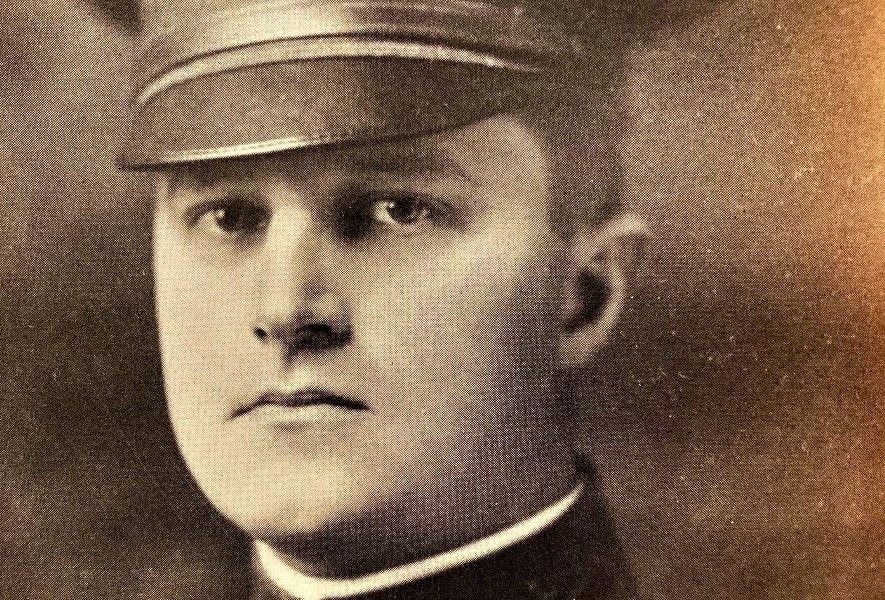
Battey would not be with them. Back in the road, a fragment from an exploding shell killed him instantly.
The Army described it this way:
"Capt. Battey demonstrated his great bravery and devotion to duty by hurriedly organizing his company to meet a counter-attack; and, by his good judgment and utter fearlessness under severe fire, he furnished an inspiring example to his men at a critical moment. The performance of this duty resulted in his death."
More: Augusta's Capt. Louis L. Battey stepped into history with bravery in WWI
1st Lt. James A. Hungerpiller Jr.
First Lt. James Hungerpiller Jr. was a B-25 pilot with the 71st Squadron of the Army Air Corps during World War II. On Nov. 2, 1943, the Augustan was piloting a five-man bomber that blew up a destroyer and, when it was badly damaged, he pointed the smoking plane toward a cruiser near Rabaul, New Britain. His plane missed the cruiser and crashed into the sea.
He was posthumously awarded a Silver Star for his action and is buried at Jefferson Barracks National Cemetery - St. Louis, Missouri.
Army Warrant Officer Jason DeFrenn
Army Warrant Officer Jason G. DeFrenn, 34, a native of Barnwell, was killed in action Feb. 2, 2007, when his Apache helicopter was shot down while flying in formation north of Taji, Iraq, according to a Department of Defense statement given to his family. Warrant Officer DeFrenn was a member of the 1st Air Cavalry Brigade, 227th Aviation Regiment, Fort Hood, Texas.
His father, Garth DeFrenn, told the Barnwell People Sentinel at the time that he was also upset by reports that al-Qaeda had filmed his son's death and was broadcasting the images over the internet as a propaganda tactic.
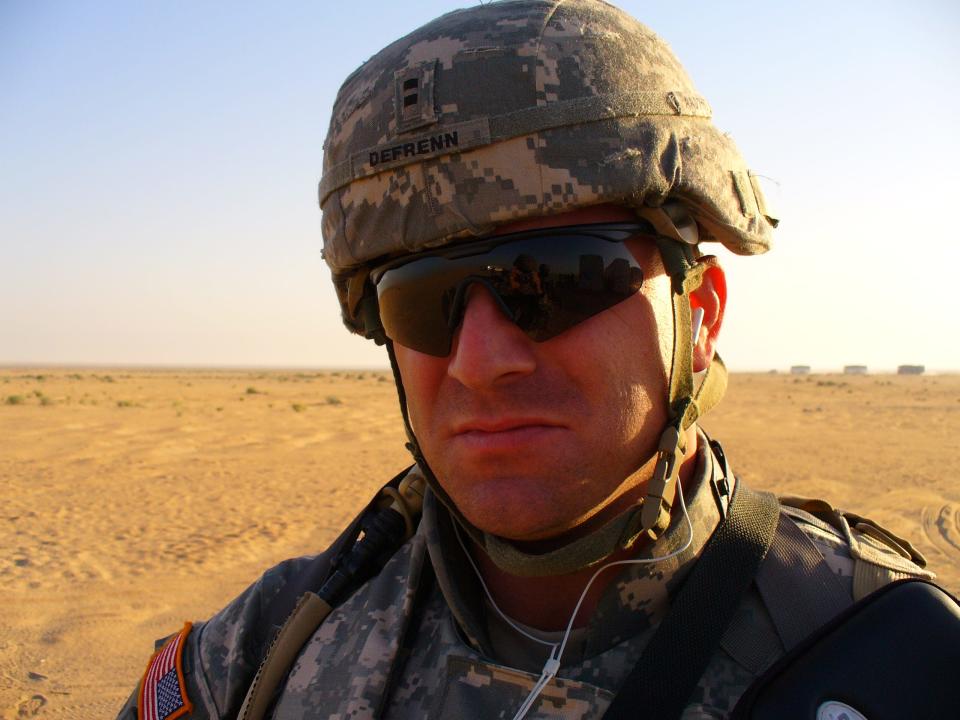
"Whatever we think of this war, whatever we may think of the politics, my son believed if these people were not stopped, then our children and our children's lives would be destroyed," he said. "That's why he re-enlisted for the third time. I think he knew in his heart that he wasn't coming home."
This article originally appeared on Augusta Chronicle: Augusta Memorial Day: Stories of those who died fighting for our country

